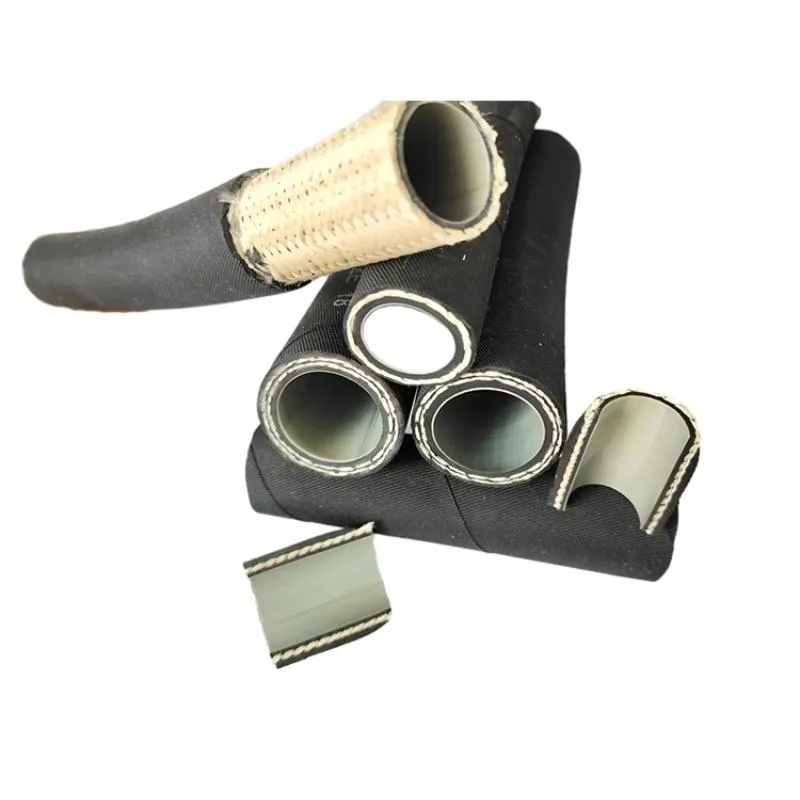Understanding the Function and Importance of Hydraulic Brake Tubes in Automotive Systems
8 сар . 14, 2024 11:24 Back to list
Understanding the Function and Importance of Hydraulic Brake Tubes in Automotive Systems
Understanding Hydraulic Brake Tubes An Essential Component of Modern Braking Systems
Hydraulic brake tubes are a crucial component of modern hydraulic brake systems, commonly found in automobiles, motorcycles, and various other vehicles. These tubes are responsible for transmitting brake fluid from the master cylinder to the brake calipers or wheel cylinders, enabling the creation of the hydraulic pressure necessary to slow down or stop a vehicle efficiently. Understanding the function, construction, and maintenance of hydraulic brake tubes is essential for both vehicle owners and mechanics alike.
The Function of Hydraulic Brake Tubes
At the core of hydraulic braking systems is the principle of hydraulics, which utilizes incompressible fluid to transfer force. When a driver presses the brake pedal, the master cylinder generates pressure in the brake fluid. This pressurized fluid travels through the hydraulic brake tubes to the brake components at the wheels. As the fluid flows into the brake calipers, it pushes against the pistons, forcing the brake pads against the rotors or drums, creating the friction necessary to slow down the vehicle.
The efficiency of this system relies heavily on the integrity and condition of the hydraulic brake tubes. Any leaks or damages can lead to loss of pressure and, consequently, a significant reduction in braking performance. Thus, proper maintenance and timely replacement of these tubes are critical for ensuring vehicle safety.
Construction of Hydraulic Brake Tubes
Hydraulic brake tubes are typically constructed from high-strength materials designed to withstand the high pressures generated within the braking system. Common materials include steel and high-performance polymers, each offering unique advantages. Steel tubes provide strength and durability, while polymer tubes can offer lightweight properties and resistance to corrosion.
These tubes are often produced in various diameters and lengths to accommodate different vehicle designs. They are manufactured to strict industry standards to ensure that they can handle the pressures involved in braking, which can exceed 2,000 psi in some vehicles.
hydraulic brake tube

Types of Hydraulic Brake Tubes
There are primarily two types of hydraulic brake tubes used in vehicles rigid tubes and flexible hoses.
1. Rigid Tubes Usually made of steel, these tubes provide a solid connection between the master cylinder and the brake calipers. They are often used in the areas of the vehicle where flexibility is not required and are known for their durability. 2. Flexible Hoses These hoses are essential for parts of the braking system that require movement, such as during the steering of the vehicle. Made from reinforced rubber or synthetic materials, flexible hoses allow for the necessary bending and twisting without compromising the integrity of the brake fluid flow.
Maintenance and Safety
Regular inspection of hydraulic brake tubes is vital for vehicle safety. Signs of wear, such as cracks, bulges, or corrosion, should be addressed immediately. Additionally, drivers should pay attention to any changes in braking performance, such as a spongy brake pedal or a decrease in responsiveness, as these may indicate possible leaks within the system.
Replacing old or damaged hydraulic brake tubes should be done by a qualified mechanic to ensure proper installation and functionality. Upgrading to high-performance tubing can also enhance the responsiveness of the braking system, providing improved safety and performance.
Conclusion
Hydraulic brake tubes play a pivotal role in vehicle safety and performance. By understanding their function, construction, and maintenance, vehicle owners can ensure that their braking systems remain reliable and effective. Regular inspections and maintenance can prevent brake failures, ensuring that drivers remain safe on the road. In the ever-evolving world of automotive technology, maintaining the integrity of hydraulic brake tubes should always be a priority for both manufacturers and vehicle owners.
